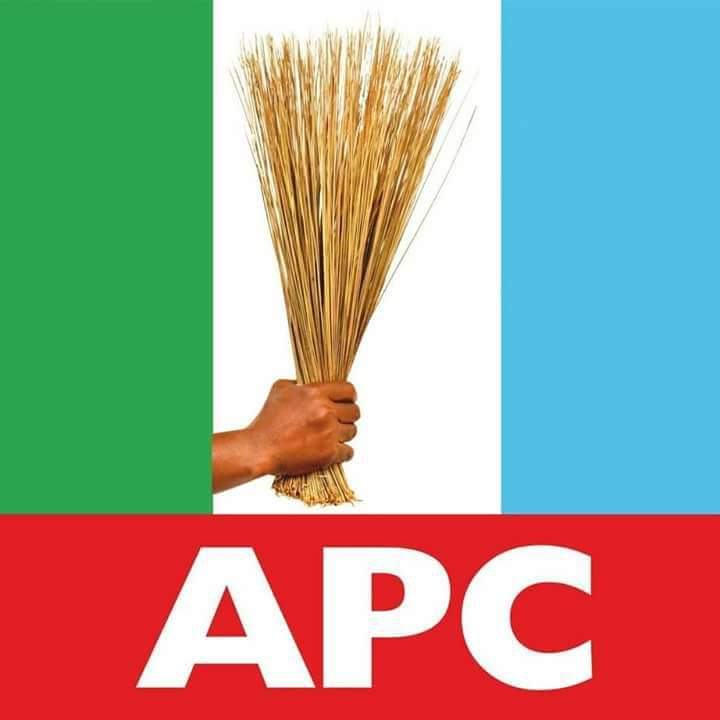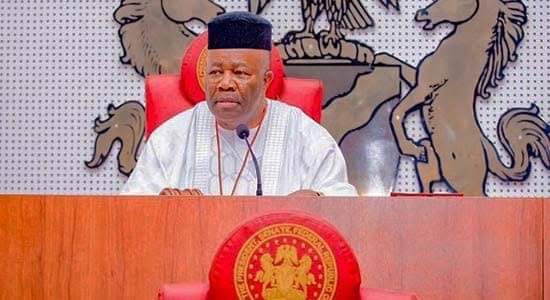Reps Pass N27.5trn 2024 Budget Through Second Reading
The House of Representatives has passed the proposed N27.503 trillion Appropriation Bill for second reading.
The bill was passed for second reading at the plenary on Friday after contributions from members and observations on proposed allocations to critical sectors.
The passage may be part of the promise made by the National Assembly to pass the budget on time through accelerated consideration and a race against time to meet the January-December Budget Cycle adopted since the 9th Assembly.
Recall that President Bola Ahmed Tinubu had in his speech during the budget presentation to the joint sitting of the National Assembly urged the lawmakers to pass the budget within 30 days.
The Nigerian government proposed the bill for an act that would authorize the release of N27.503 trillion from the Consolidated Revenue Fund of the Federation.
The amount was broken down into four categories which include: Statutory Transfers, Debt Service, Recurrent (Non-Debt) Expenditure, and Contribution to the Development Fund for Capital Expenditure.
Out of the total amount proposed, N1.376 trillion, was allocated for Statutory Transfers. This refers to funds that are automatically appropriated by law to specific government bodies or agencies.
N8.490 trillion was allocated for debt service. This refers to payments made by the government towards servicing its debt obligations.
N9.918 trillion was allocated for recurrent (non-debt) expenditure. This refers to expenses incurred by the government in its day-to-day operations that are not related to servicing its debt obligations.
N7.717 trillion was allocated for contribution to the development fund for capital rxpenditure. This refers to funds set aside for investment in infrastructure and other capital projects that are expected to have long-term benefits.
The Speaker, Abbas Tajuddeen, put a question on the passage of the proposed Bill for second reading and was overwhelmingly supported.
It was passed for second reading by the House and referred to the Committee on Appropriations for further legislative action.











































